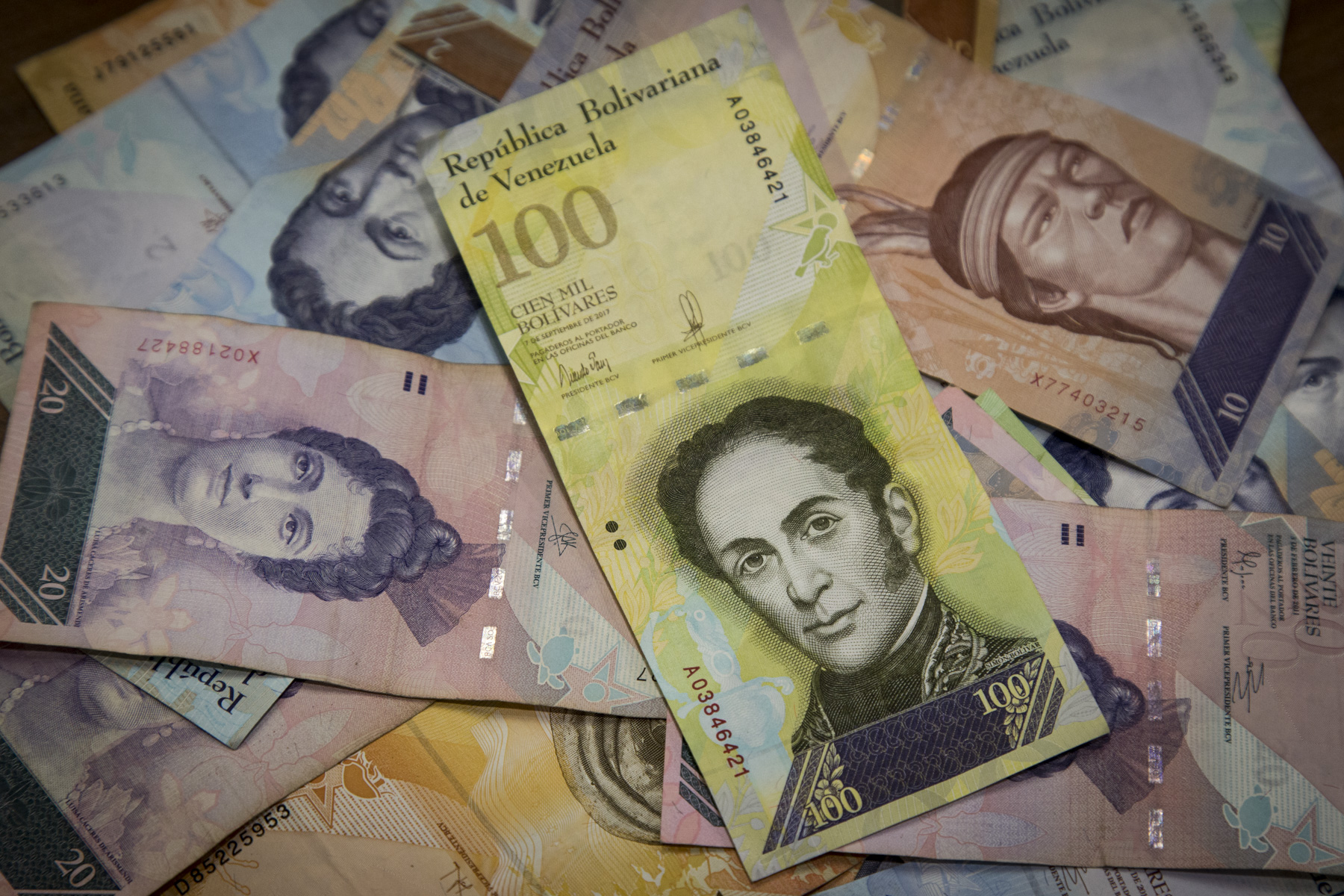In the first half of 2023, Venezuela’s economy has seen two strong contractions resulting in a 7% drop, as reported by the Venezuelan Finance Observatory (OVF).
This suggests the economy has entered a new recessionary phase.
Despite increased oil production, the decline is primarily attributed to weakened domestic aggregate demand.
Some contributing factors have not been able to compensate for this decrease, leading to an overall downturn.

The Monthly Index of Economic Activity indicates a 7.6% drop in the first quarter and a 6.3% drop in the second quarter.
Several key economic indicators such as real public expenditure, real bank credit, real commerce sales, and Value Added Tax collection have all shown contractions in the same period, as per OVF.
According to the OVF, low public sector salaries, which average less than $5 per month, have also contributed to the recession.
The policy of maintaining a high bank reserve requirement of 75% is another factor, as it limits short-term economic sector financing, further impacting aggregate demand.
By the end of 2021, Venezuela had exited a four-year hyperinflationary cycle, with the Central Bank of Venezuela recording 12 consecutive months of sub-50% inflation.
Despite a reported 15% GDP growth in the previous year, 2023 has marked a downturn in the economy with reductions in consumption and commercial activity.

